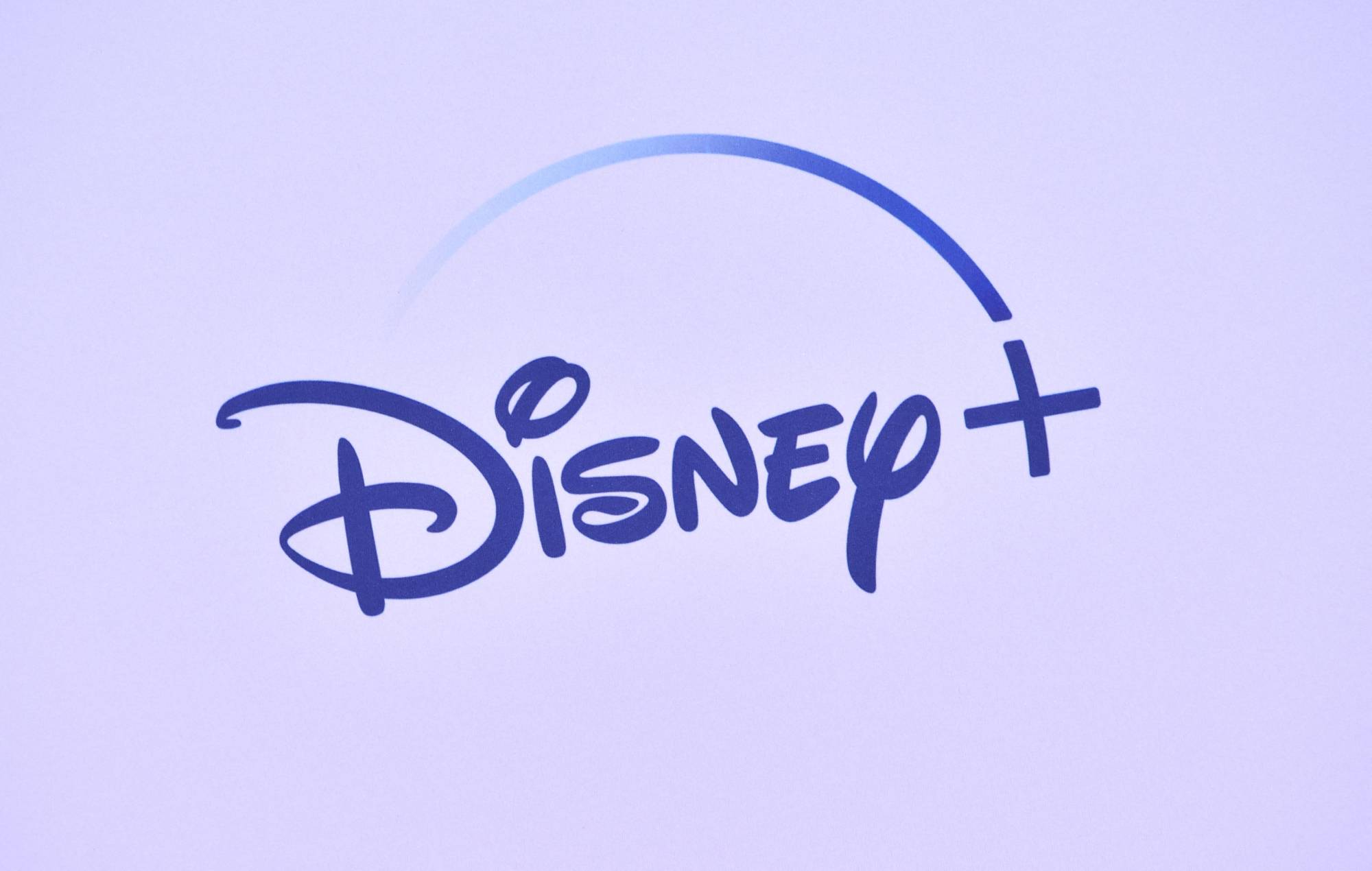Walt Disney released its earnings results on Wednesday, falling short of investor expectations. However, a bright spot for its namesake streaming service was its share of the Japan market, where it muscled into third place, knocking out Nippon TV’s Hulu.
Amazon Prime Video boasts around 16.5 million subscribers in Japan, followed by Netflix with 7 million. But Disney+, with 3.6 million subscribers, is creeping up the ranks, according to figures released this week in Media Partners Asia’s quarterly Japan Online Video Consumer Insights & Analytics report.
As the kings of premium streaming content continue to be locked in a television-worthy battle for the top spot, they have all adopted a similar strategy — turning to anime and South Korean dramas to woo the Japan market and net global viewers.


















With your current subscription plan you can comment on stories. However, before writing your first comment, please create a display name in the Profile section of your subscriber account page.